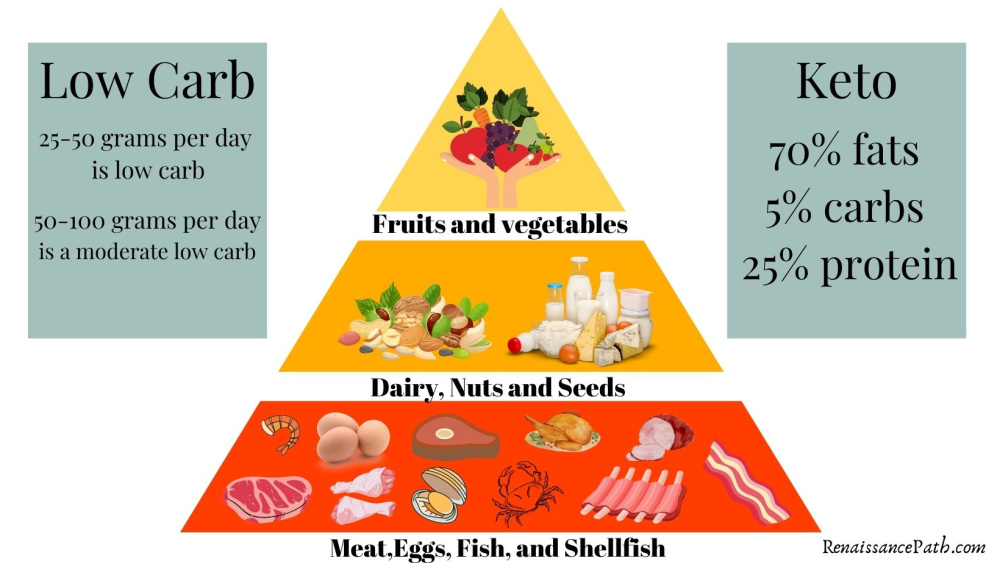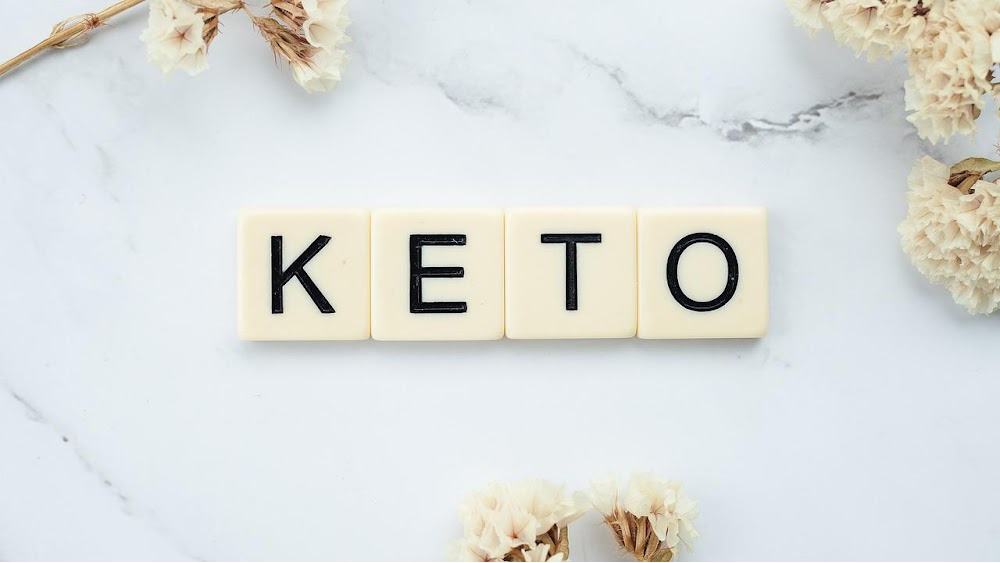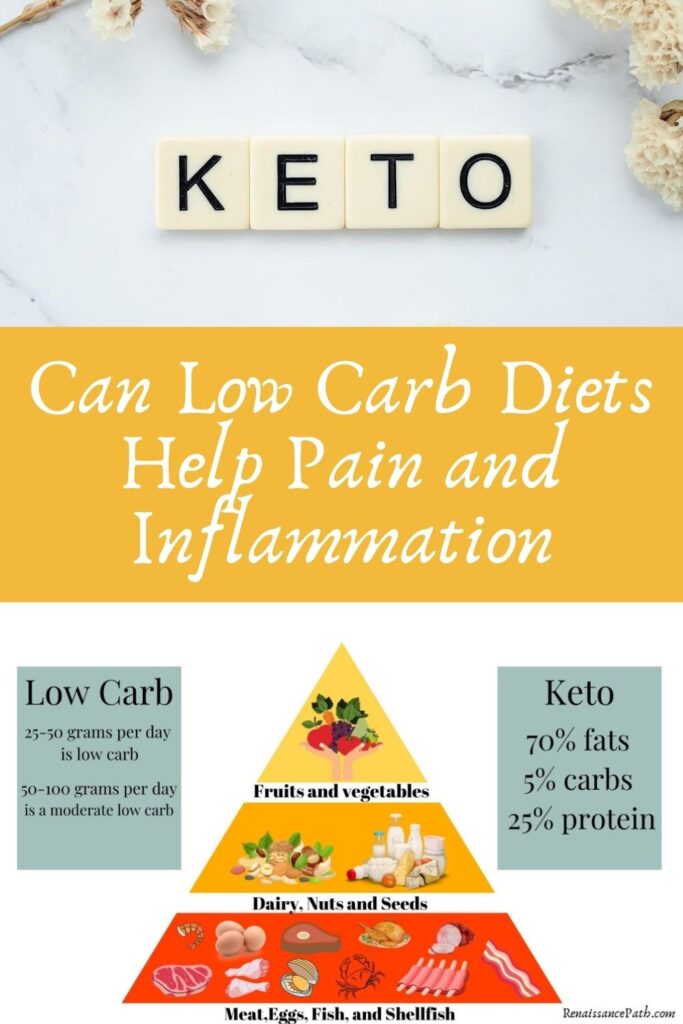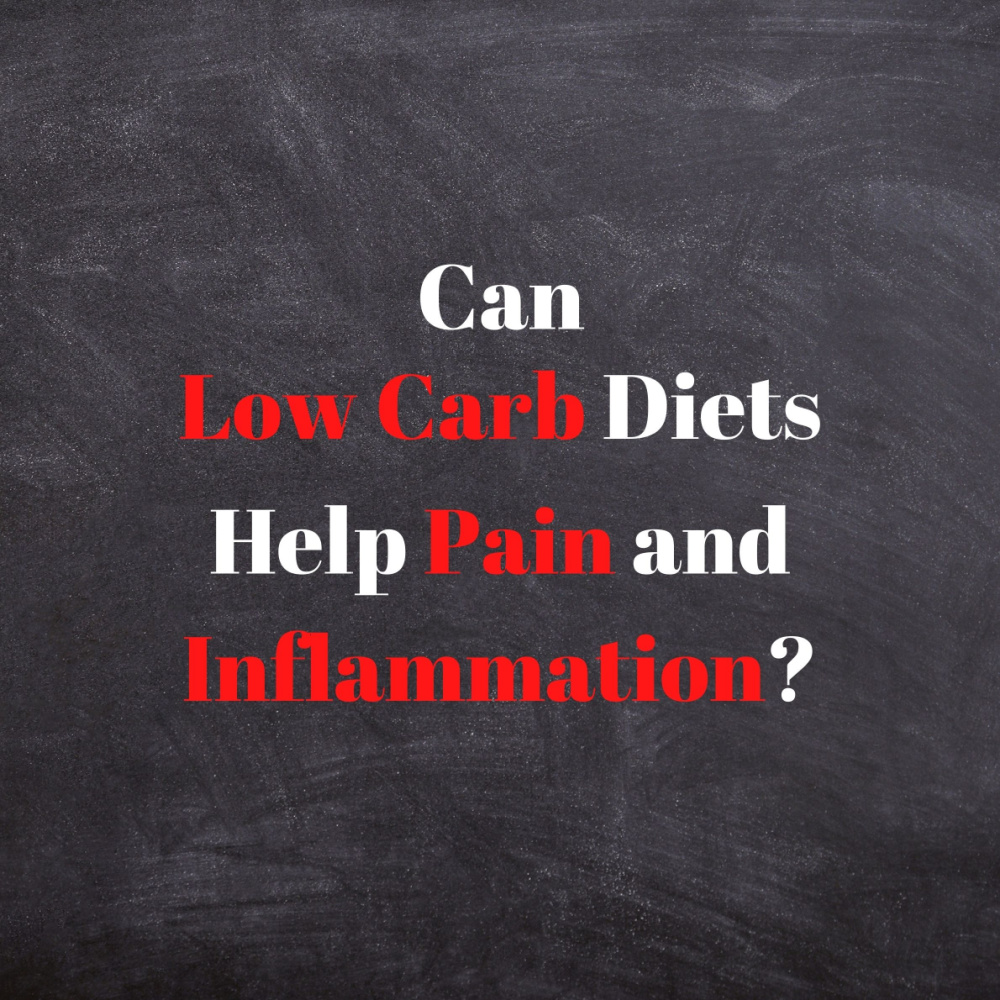Some of the links on this page contain affiliate links. Renaissance Path is a participant in the Amazon Associates Program, an affiliate advertising program that provides a way for websites to earn advertising fees by linking to products. We only link to products we normally use and trust. When you purchase an item through the link we receive a small commission at no additional cost to you. This helps pay for the costs associated with running this blog. Your support is greatly appreciated. Thank You!

Can Low Carb Diets Help Pain and Inflammation
If you have an autoimmune or auto-inflammatory disease that causes inflammation, you might have noticed that certain foods seem to aggravate your symptoms more and cause more pain and inflammation.
There is a big movement of people suffering from autoimmune diseases saying they get greater symptom relief when sticking to a low carb or keto diet. There is actually some real science to back this claim up.
Inflammation is at the root of most chronic diseases and illnesses like Rheumatoid arthritis, Lupus, Psoriasis, Psoriatic arthritis, Gout, Heart disease, and Diabetes.
When inflammation is drastically reduced it has been shown in studies to reduce pain.
One of the big contributing factors in inflammation is a protein called NLRP3 inflammasome. The NLRP3 inflammasome pathway starts the cascade of other proinflammatory cytokines IL-1β and IL-18. When you are on a low carb or keto diet and go into ketosis your body produces beta-hydroxybutyrate. This study showed that beta-hydroxybutyrate(BHB) reduces NLRP3 inflammation activity.
Obesity and Inflammation
Obesity is a contributor to inflammation. Even being 30 pounds overweight can affect your inflammation levels. More than a dozen proinflammatory molecules have been identified and found to be induced by obesity(1). Those inflammatory molecules wreak havoc on our bodies and cause inflammation and pain.
A low carb or keto diet can help with weight loss. By losing weight you are also lowering your inflammation. Pro-inflammatory cytokines are stored in adipose tissue(fat). Losing weight can reduce those pro-inflammatory molecules(2,3,4).
Studies on Low Carb Diets and Inflammation and Pain
For most people diet plays a big role in inflammation. A study on patients with heart failure(HF) that consumed a low-carb diet experienced improved functional capacity and were able to perform everyday life activities without physical exertion(5).
A study on low-carb diets was found to lower inflammation(6). Depending on how low your carbohydrate consumption is you can dip into ketosis. Ketosis can reduce inflammation in a few different ways. One is by increasing adenosine levels. Adenosine reduces pain and inflammation. Second, ketosis decreases nervous system activity. The nervous system is where the pain is detected and the message is sent to the brain.
Diets that include whole foods and restrict processed foods can help reduce pain and inflammation but a low carb or keto diet showed even greater results in pain relief, weight loss and mood improvements(7).
The Keto diet is even shown to reduce brain inflammation and also helped symptoms of Neurological Disorders like brain cancer, autism, pain, and multiple sclerosis. And epilepsy, neurotrauma, Alzheimer disease, and Parkinson disease(8).

Psoriatic arthritis and Ketogenic Diet
The ketogenic diet is a low-carb diet. It’s just very low carb.
Numerous studies have shown that there is a causal relationship between obesity and psoriasis/psoriatic arthritis(9,10).
One side effect of a ketogenic diet is weight loss. Having a reduction of adipose tissue will mean a reduction of pro-inflammatory cytokines. These cytokines are inside adipose tissue. Less fat equals less inflammation.
A very-low-calorie ketogenic diet(VLCKD) was shown in studies to reduce inflammation and disease severity(11,12).
Differences between low carb and keto diets
While there is no agreed-upon number for what is considered low carb, most people consider 100-150 grams of carbs a day to be low carb. I believe under 100grams a day is better for symptom relief. But I know the sweet spot for me to see results is 50-75 carbs a day if I am staying active. If I am not active staying under 50 carbs a day will still allow me to lose weight if I need to.
I personally found staying under 35 carbs a day really helps my pain and inflammation best. I still eat veggies and an occasional amount of fruit. I noticed I have less brain fog as well, I feel mentally more clear and it improves my mood also.
Ketogentic diets are staying at 20 grams of carbs a day or lower. If someone if doing the keto diet for epilepsy that looks a little bit different than the person doing it for weight loss or some other health issue. The traditionl ketogenic diet developed for children with epilepsy have patients eating 90% of their calories from fat.
The keto diet you hear most laypeople doing is supposed to be 70% fats, 5% carbohydrates, and 25% protein. But still, a lot of people don’t do it that way, they just stay under 20 carbs a day or whatever is necessary to get into ketosis. You can check if your body is in ketosis by testing your blood with a blood ketone monitor or ketone urine strips. I have used the urine strips and they work great.

Low Carb Keto Cookbooks
Jen Fisch from Keto in the City has a great cookbook The Easy 5-Ingredient Ketogenic Diet Cookbook
Maya Krampf from The Wholesome Yum Has a great cookbook The Wholesome Yum Easy Keto Cookbook: 100 Simple Low Carb Recipes. 10 Ingredients or Less
Mellisa at I Breath I’m Hungry has a great blog full of recipes, she also has a book on Amazon called Keto For Life

Final Thoughts
Ever heard the saying you are what you eat? If you eat a bunch of processed foods don’t expect to feel the greatest. If you are suffering from a painful health condition I invite you to give a low-carb diet a chance. Try it for a month, and see if it helps. I haven’t met one person it doesn’t help yet.
It helped my pain and inflammation a lot, more than any medication ever has.
Have you ever tried low carb or a keto diet? Let me know in the comments.
Much Love,
Melissa
If you want to learn more about how diet can affect your health please check out my blog post here.
This website is for educational purposes only. The information provided by Renaissance Path is not intended to diagnose, treat, or cure any diseases. Please consult a qualified health care professional for medical advice.
Leave a Reply